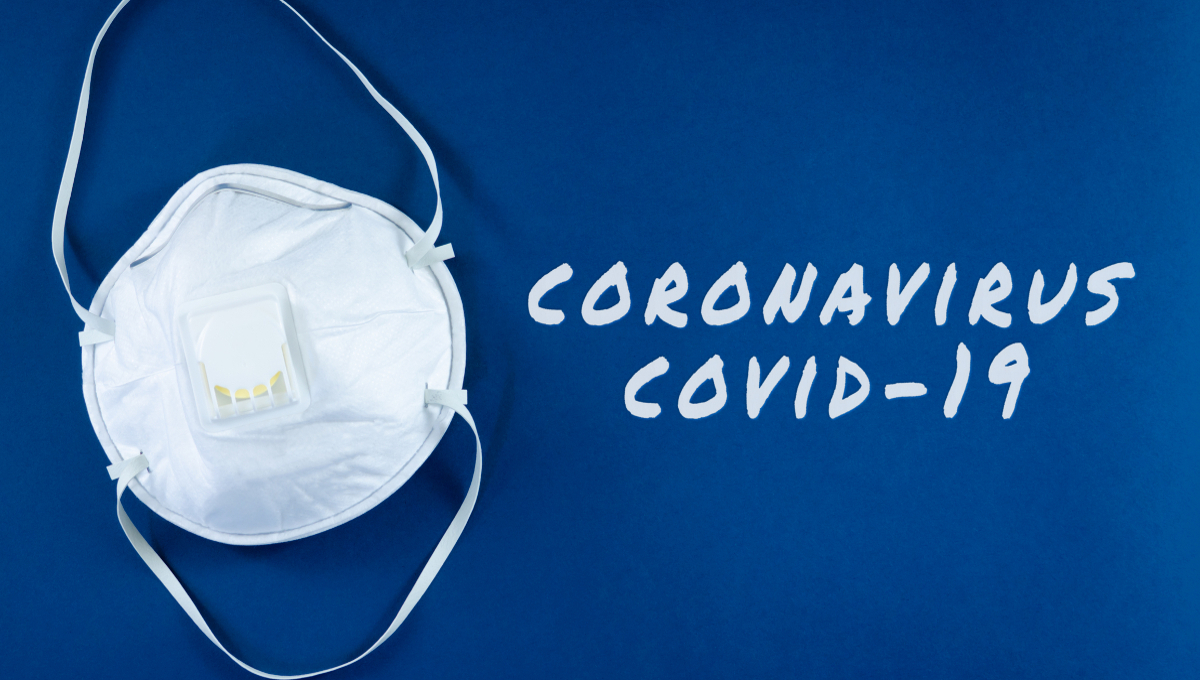Opinion.
If anything should restore the confidence of the American people in our governmental agencies and institutions, it is the leadership of our medical and public health professionals in this time of crisis. We should all appreciate the diligent response to the COVID-19 pandemic coming from our public health agencies and medical communities. We should also recognize the remarkable willingness of our businesses to close, and for workers to sacrifice their jobs to prevent the loss of life. These magnanimous efforts of goodwill on the part of one and all are particularly comforting in light of the political divides that separate us.
While there has been a heroic effort on the part of many, I want to emphasize my admiration for the steadfast determination of the Centers for Disease Control and Prevention and state and local public agencies, as they have exercised their power to protect us in the face of political backlash and protests. It is therefore reassuring that in spite of the hardships we face, we have pulled together, and the public has respected the disease mitigation efforts recommended by the experts. The last few weeks have made me proud to be a public health professional.
It’s still a long way to full recovery, but as the result of the heightened public awareness about communicable disease generated by the pandemic, I predict there will be some positive benefits that will eventually result.
The average person now clearly realizes that personal hygiene and sanitation can play vital roles in preventing disease transmission. This is true, even for those diseases like COVID-19 that are primarily respiratory in nature, as respiratory droplets contaminate hands and environmental surfaces and then spread through cross-contact. This transmission pathway is well known; however, this current pandemic has brought the risks into sharp focus for everyone.
There are several positive outcomes that should result from the public’s renewed respect for more frequent and effective hand washing, and improved environmental sanitation. Those who have tested positive for COVID-19 are a lot more likely to be washing their hands and sanitizing their schools, workplaces and living environments than they were in the past — we are reaching close to 1 million positive COVID-19 cases in the US at the time of this writing — and those who were fortunate enough to avoid exposure now feel the pressure to follow suit.
In addition to flattening the COVID-19 epidemic curve, improved hygienic practices on a national scale will also likely reduce the burdens of influenza, colds, and viral gastrointestinal disease agents such as norovirus, and can also act to limit the spread of some bacterial agents, such as Shigella.
Public health agents at the federal, state and local levels have demonstrated their tremendous value to society, and as a result, there should be increased support for public health programs and the enforcement of public health rules. Programs that should benefit at the local level include public health nursing, environmental epidemiology, and the regulation of schools, childcare centers, nursing homes, food service, and retail food establishments. For all public health agencies, it may mean better funding, an increase in manpower, and an increase in political support.
When good hygiene practices become institutionalized, they become part of the culture. These beneficial behaviors are then passed along to our children and pay dividends in better health and longer life for generations to come. These practices, if they are sustained, will also help to control the next round of emerging pathogens that will surely come.
As mechanisms of communicable disease transmission change, our survival depends on a vigorous response, and on continuous advancements in research and medical science. It was just a few hundred years ago when plagues went unchecked and killed much of the population. To avoid this, we must have prompt notification of an emerging danger, receive scientifically sound advice, act quickly to mitigate the risks, and have access to effective medical treatments.
COVID-19 has taught us that worldwide pandemics develop very quickly and know no national, cultural or ideological boundaries. We must therefore foster in all nations an increased appreciation for improving communicable disease surveillance, and the value of taking a proactive response to emerging disease threats.
Our survival increasingly depends on sharing information, teamwork, communication and coordination across borders; for in the eyes of the pathogens, we are indeed one people.
(To sign up for a free subscription to Food Safety News, click here.)

